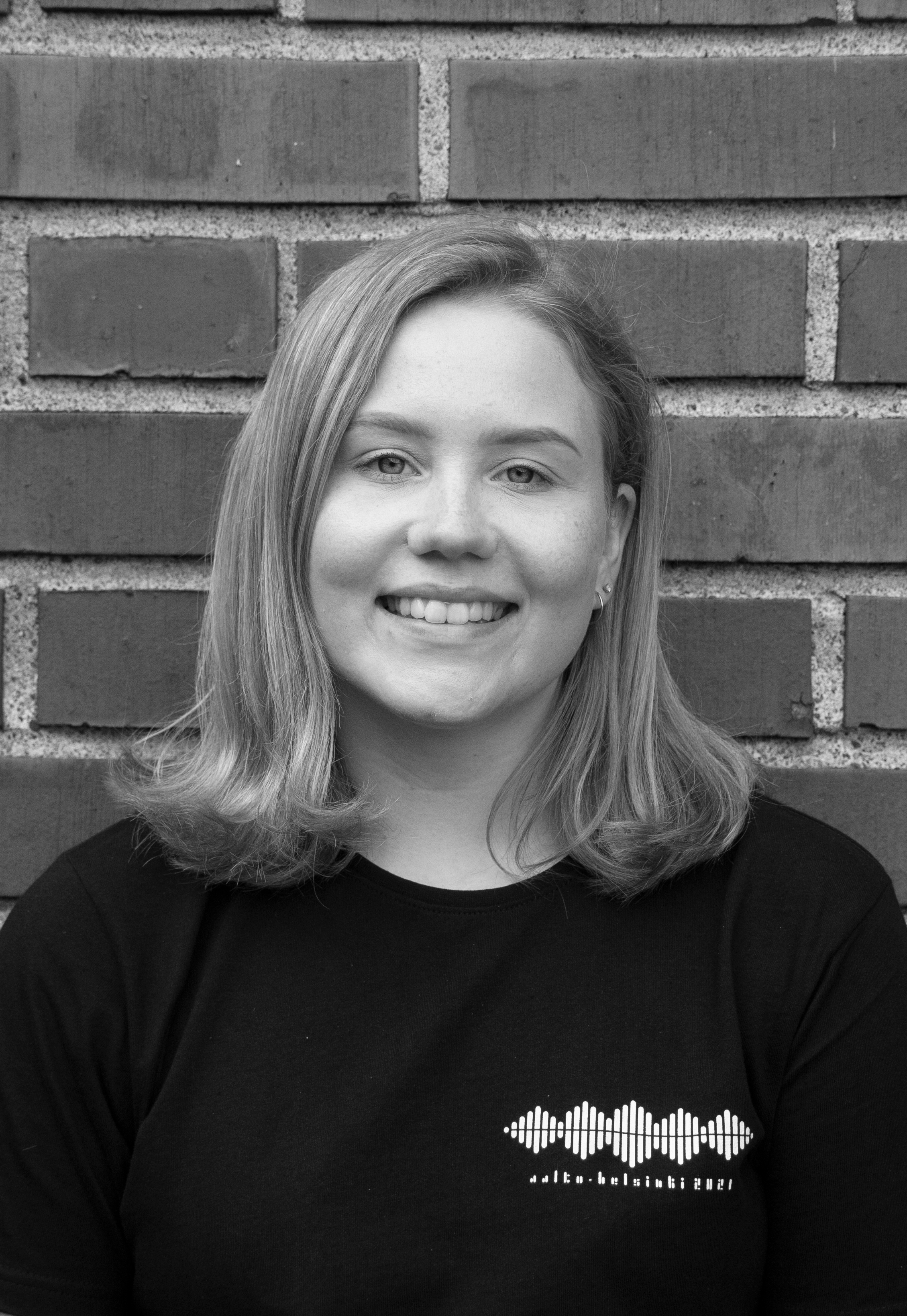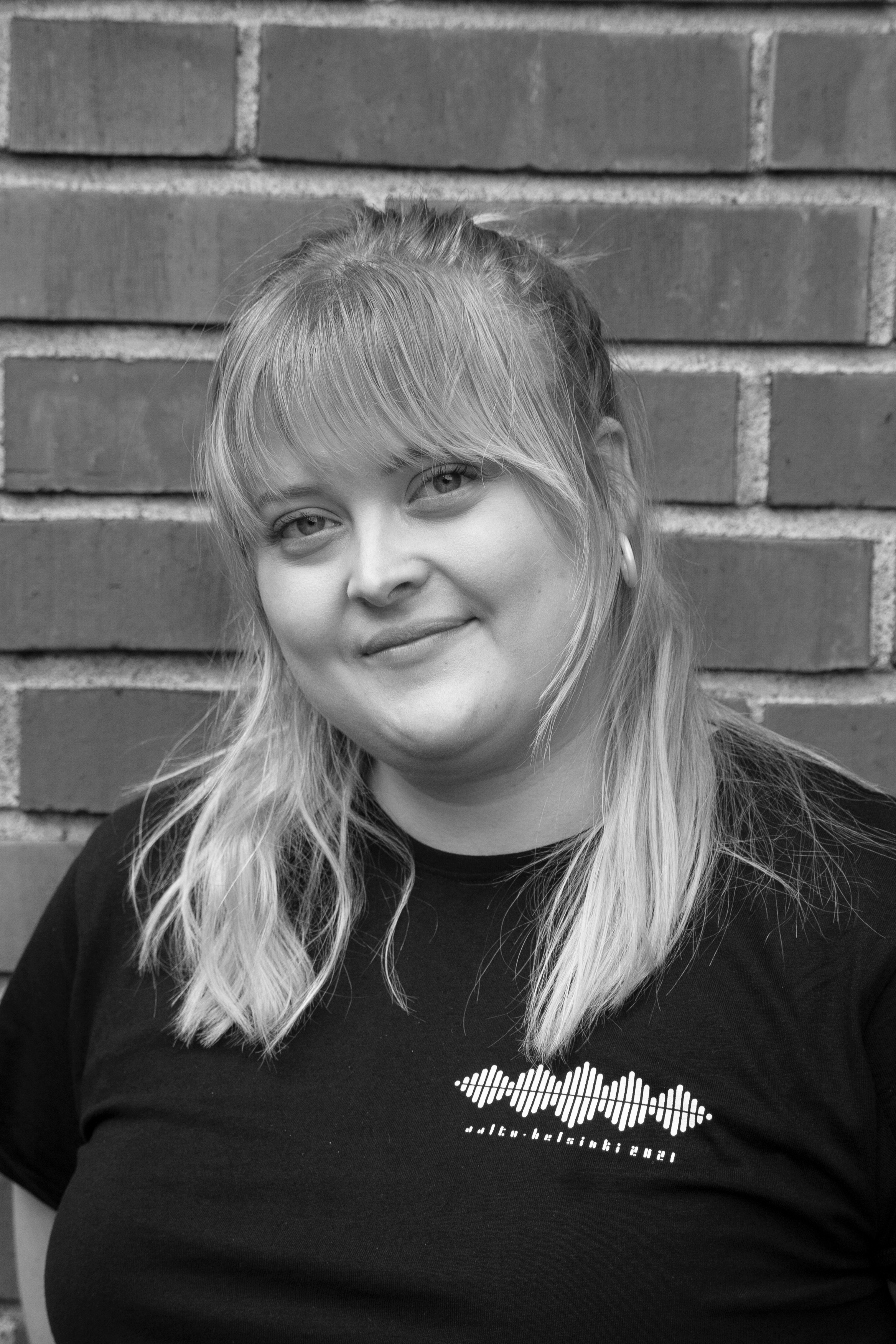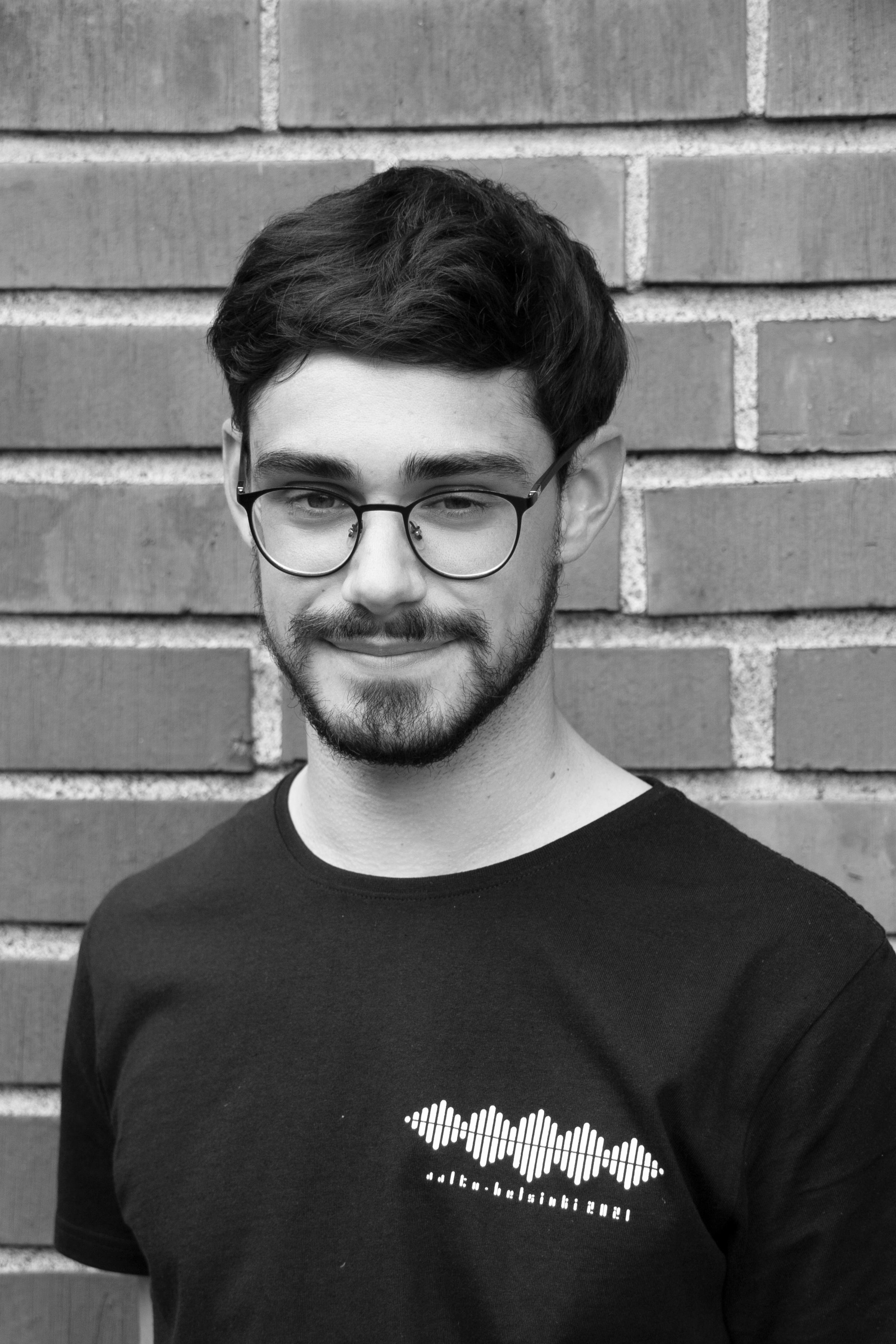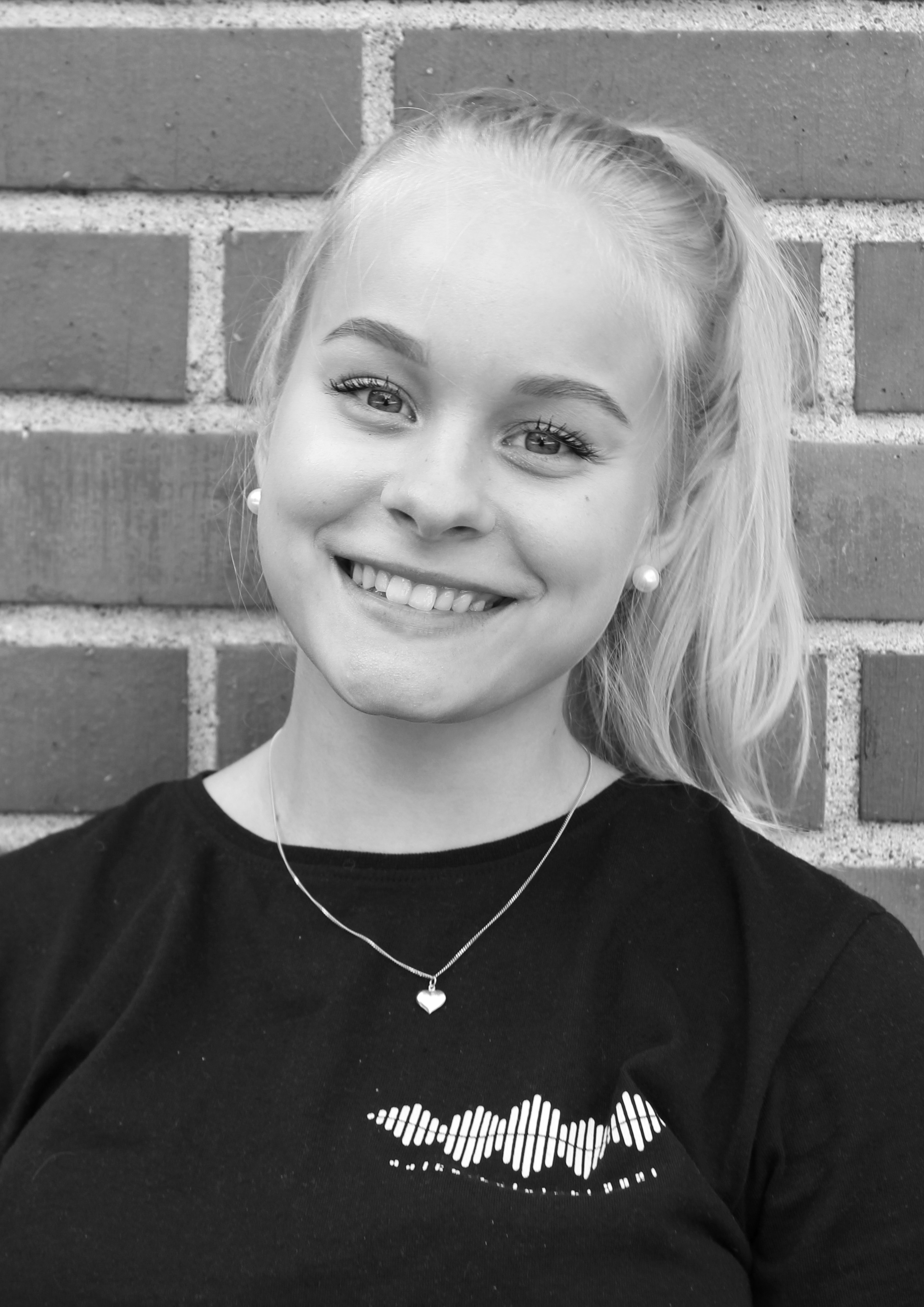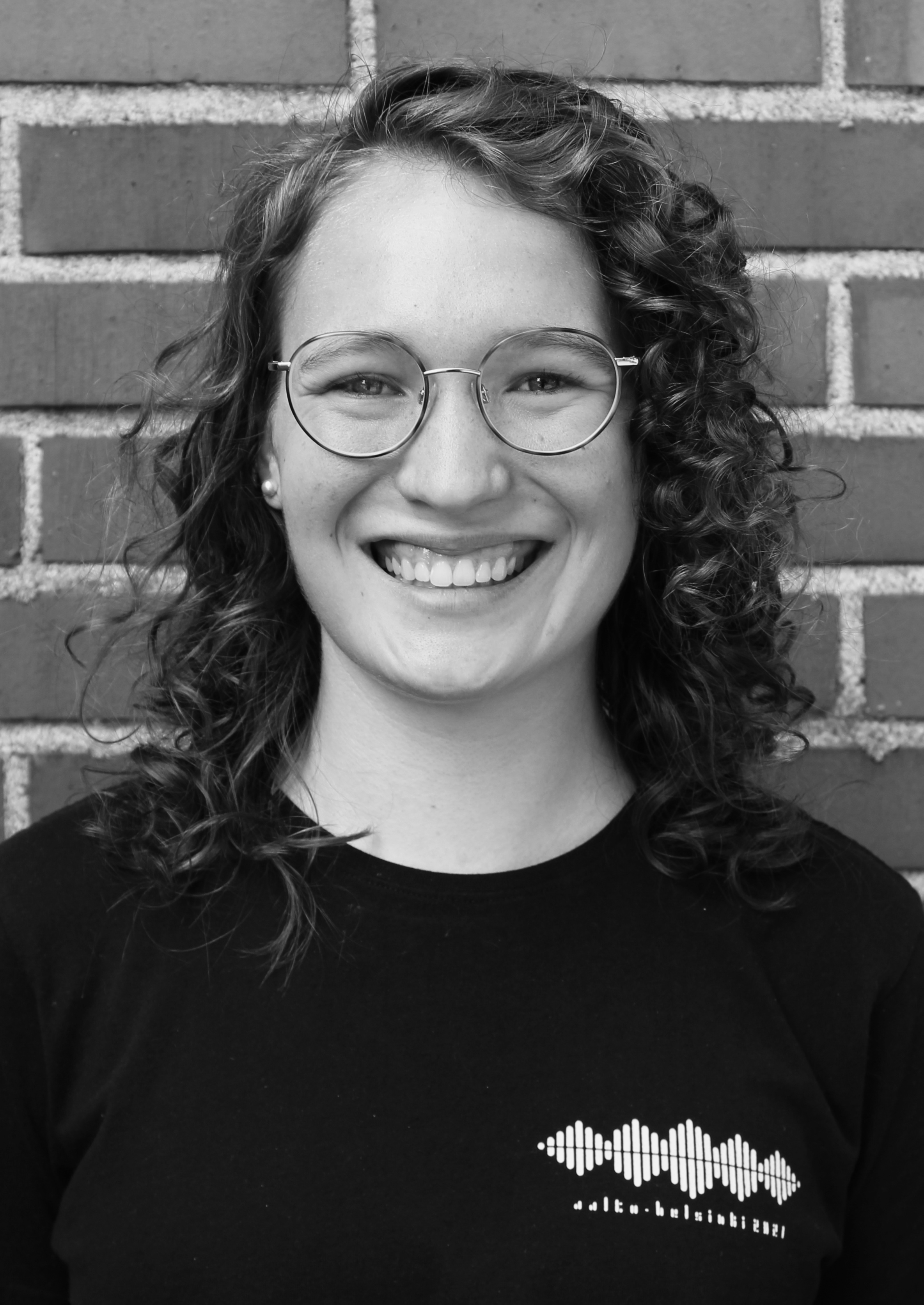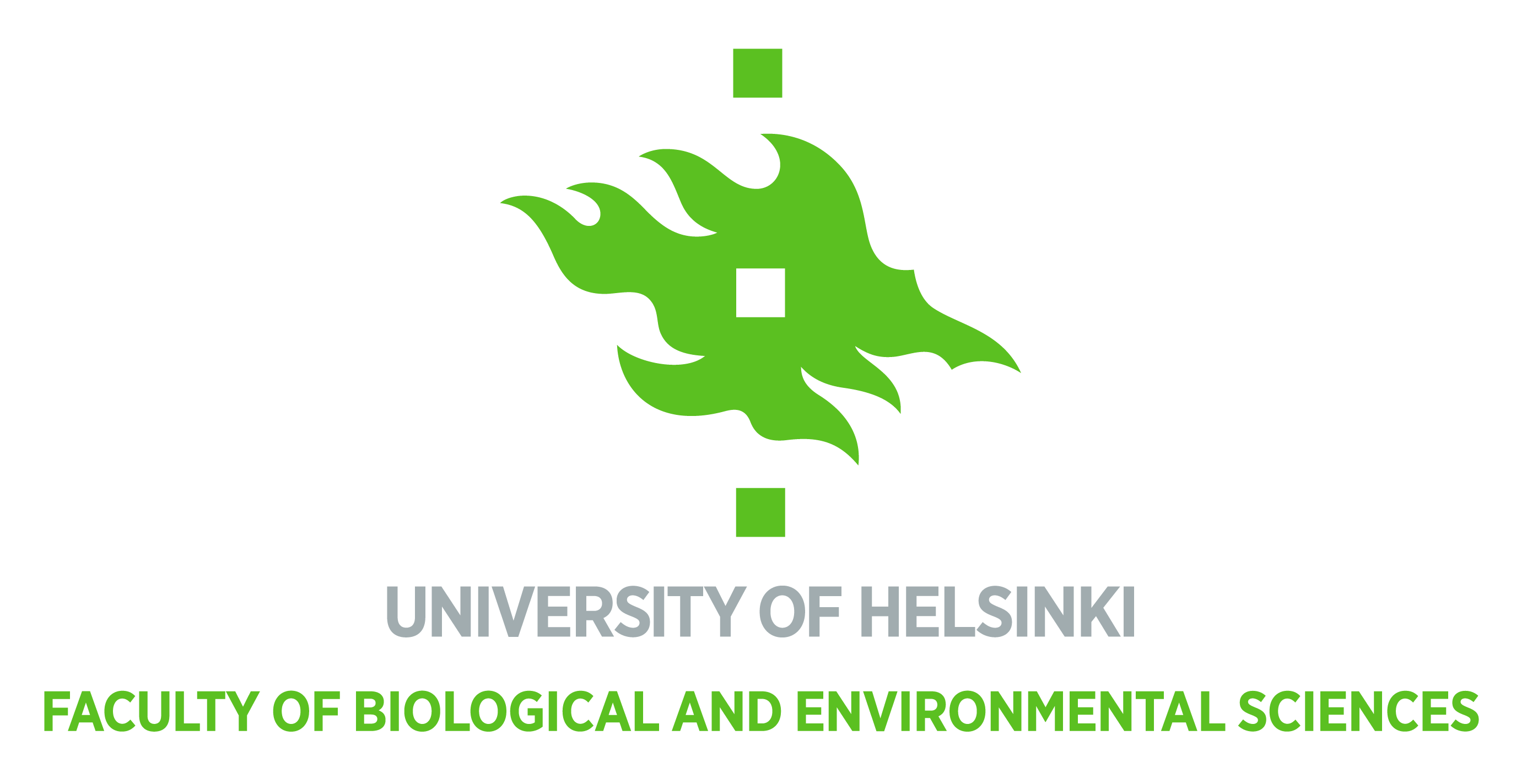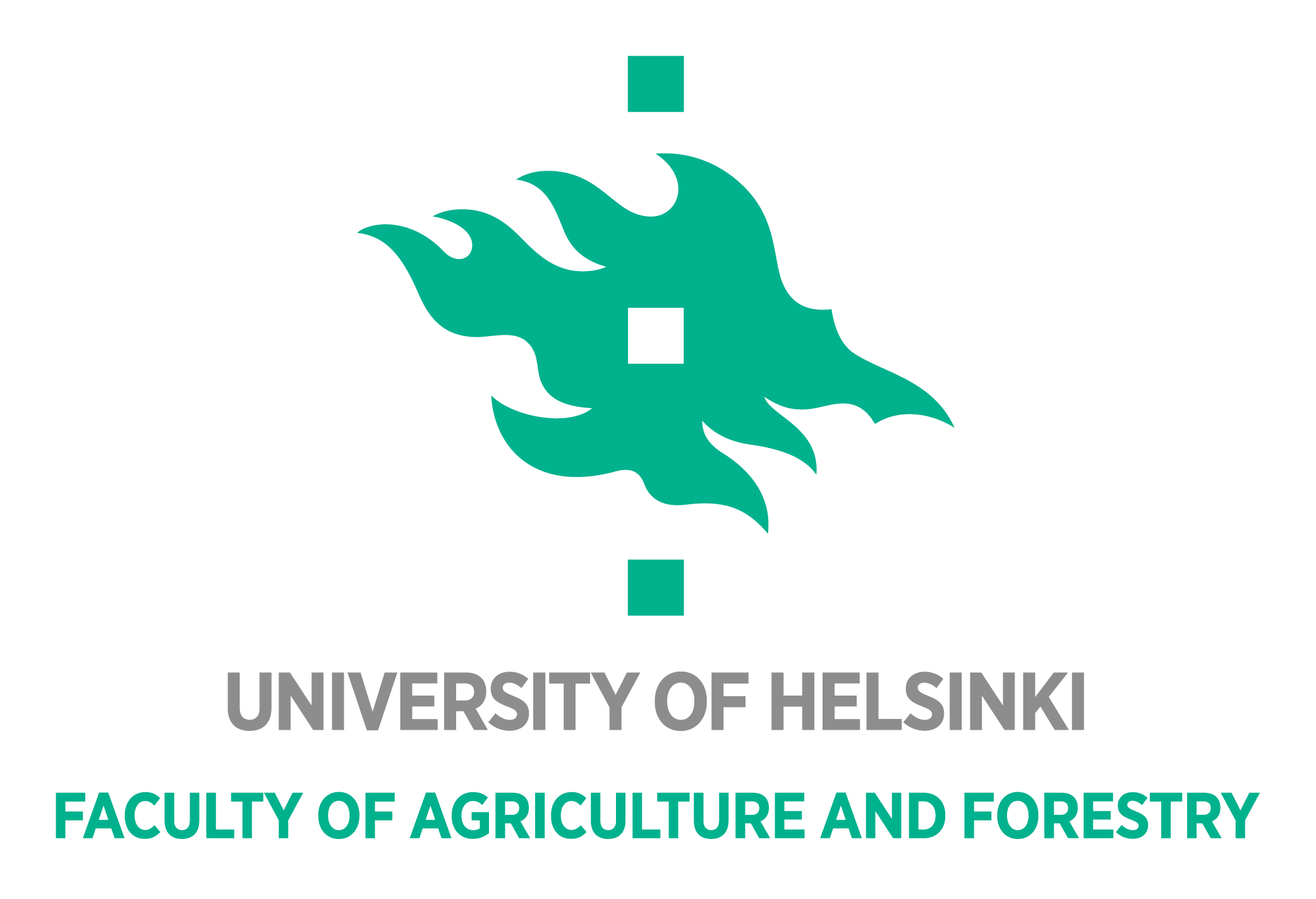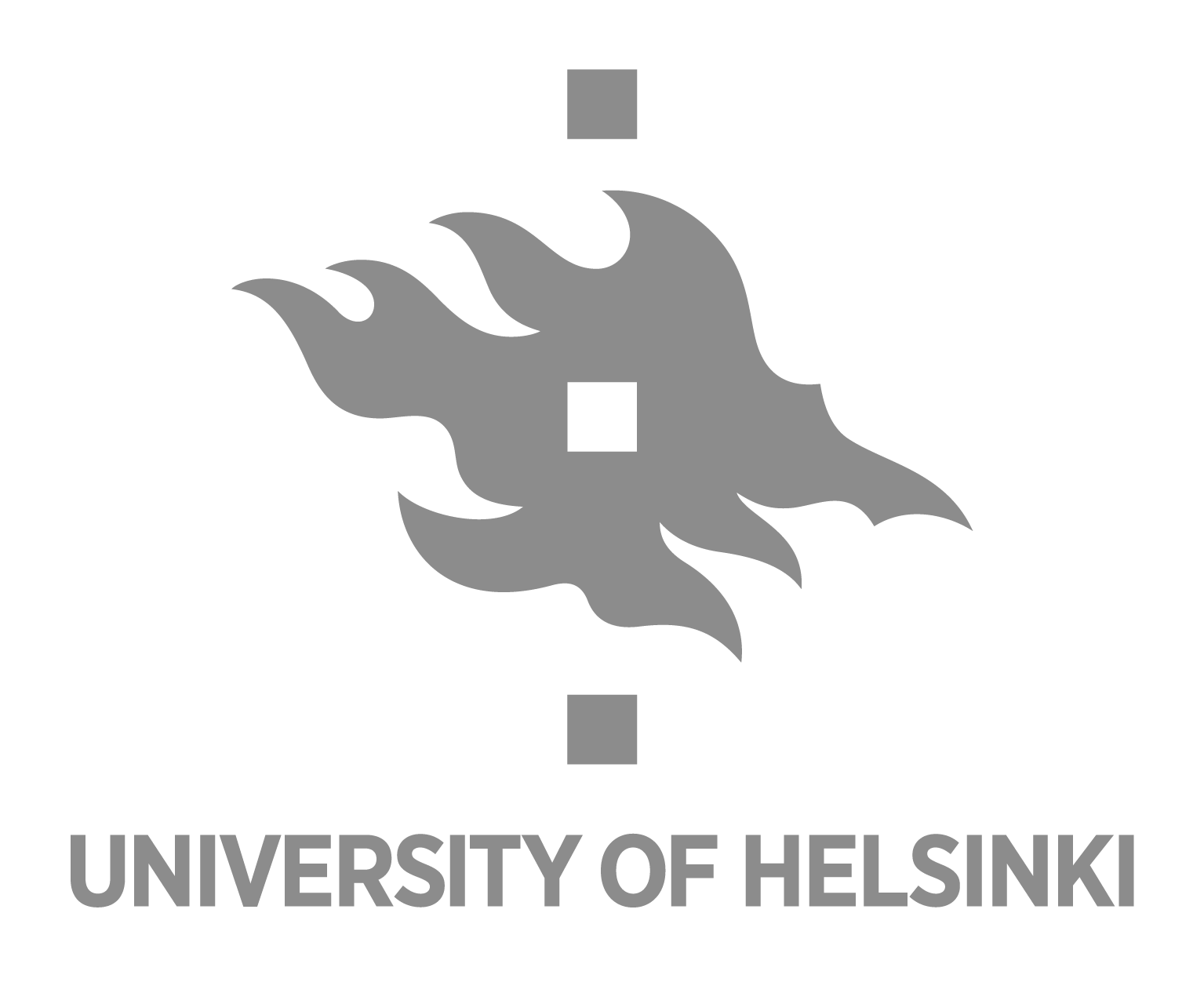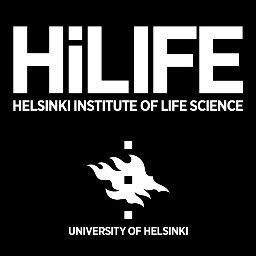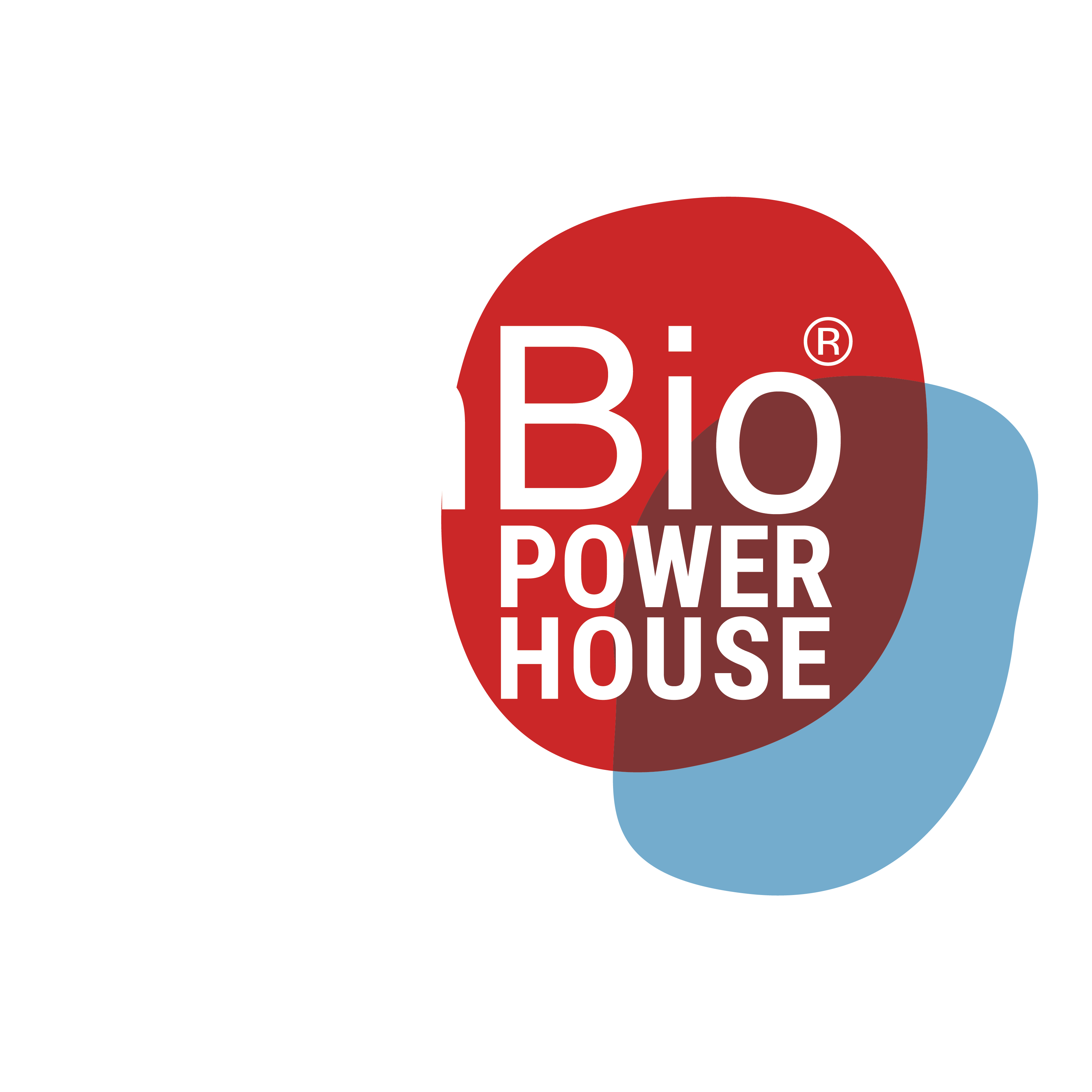Aalto-Helsinki Team
WHAT IF STUDENTS RAN
THEIR OWN RESEARCH PROJECT?
The Aalto-Helsinki 2021 is an international team of 10 people with a shared ambition to conduct a unique synthetic biology research project. With expertise in various fields of biosciences and technology, our team has the capability to conduct an exceptional research project that requires multidisciplinary skills, ambition, and innovation. Thus, Aalto-Helsinki is an extremely diverse team that truly represents the spirit of Aalto University and University of Helsinki by bringing the various fields of study together for higher value creation.
Our advising team consists of Pricipal Investigators Heli Viskari, Aalto University lecturer, Department of Bioproducts and Biosystems, and Markus Linder, Aalto University professor of Biomolecular Sciences. Additionally, we have supporting project advisors Dr. Ville Paavilainen, Institute of Biotechnology, and Sesilja Aranko, staff scientist at the Department of Bioproducts and Biosystems, Aalto University.
Our aim is to design and prototype a synthetic biology project and participate in the world’s largest synthetic biology competition, iGEM, in November 2021 to showcase our project among other top universities in the world. The best way to follow our journey is through our blog and Instagram.
Our Project
The microbiota-gut-brain axis, a bidirectional communication pathway between enteric microbiota and the central nervous system, is a growing area of interest for researchers globally. Recent studies support the connection between the quality of diet, gut microbiota, and mental health through the regulation of metabolic functions (Mörkl et al., 2018). The large-scale study of gut metabolites could aid in diagnosing diseases, monitoring therapeutic efficacy and disease progression, and defining therapeutic targets (Humer et al., 2020). Despite great advancements in this field, a more comprehensive analysis of the interactions is necessary (Cani, 2018).
Our goal is to create a more advanced research tool - a localized, ingestible biosensor - that does not only enable real-time intra-intestinal metabolite measurements but also serves as a patient-friendly method of personalized risk-assessment. Prior studies suggest that there may be a connection between metabolites and mental health conditions, and we hope that our biosensor would enable researchers to better explore these preliminary associations. We aim to develop our biosensor to measure metabolites associated with mental health conditions, but we expect that the design can be further modified to provide a meta-analysis of metabolic cycles in a variety of enteric-related health issues, thus providing clinicians and scientists with a greater knowledge about gut microbiome associations.
We want to thank all our sponsors and partners who made our journey in the iGEM Competition possible. To learn more about our project, please visit our Team Wiki.
